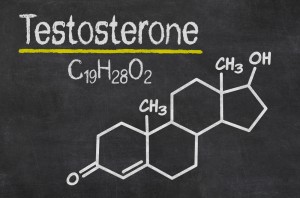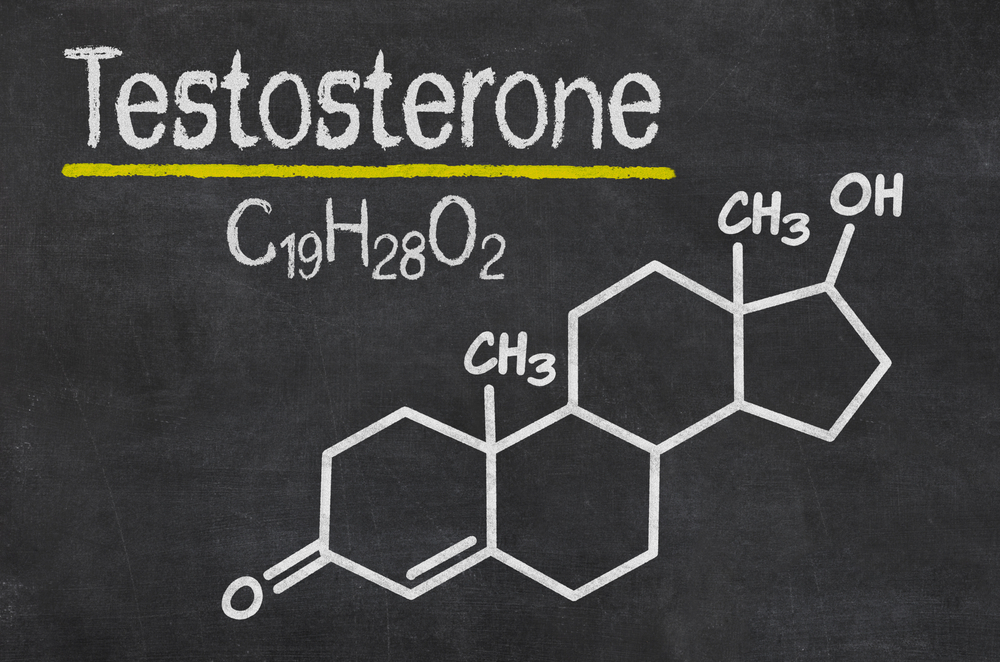 A recent study titled “Testosterone Treatment is a Potent Tumor Promoter for the Rat Prostate”, published in the Endocrine Society’s journal Endocrinology has found that testosterone raises the risk of prostate tumors in rats, while enhancing the effects of carcinogenic chemical exposure.
A recent study titled “Testosterone Treatment is a Potent Tumor Promoter for the Rat Prostate”, published in the Endocrine Society’s journal Endocrinology has found that testosterone raises the risk of prostate tumors in rats, while enhancing the effects of carcinogenic chemical exposure.
Even though testosterone has been increasingly recommended to older men in order to increase energy levels and deal with age related problems, these recent results raise a question towards prescribing testosterone therapy to men who have not been diagnosed with hypogonadism.
According to the Endocrine Society’s Clinical Practice Guidelines on testosterone therapy in adult men, testosterone should only be recommend to men who suffer from low levels of this hormone, decreased libido, erectile dysfunction or other symptoms of hypogonadism.
“This research demonstrates that testosterone on its own is a weak carcinogen in male rats. When it is combined with cancer-causing chemicals, testosterone creates a hospitable environment for tumors to develop. If these same findings hold true in humans, there is serious cause for public health concern.” study author Maarten C. Bosland, DVSc, PhD, University of Illinois at Chicago, said in an Endocrine Society press release.
The research team used two groups of rats, which were gradually given testosterone using an implant device. However, one of the groups received injections of the carcinogenic chemical N-nitroso-N-methylurea (MNU), and was then compared to control rats that also received MNU, but not testosterone.
The results demonstrated that animals that received testosterone but not MNU had an incidence of prostate tumors of 10 to 18%, while animals exposed to MNU but without implants, did not develop prostate cancer.
Furthermore, delivery of testosterone by itself did not induced tumors at other sites, however, when compared to animals with no testosterone treatment, it significantly increased the number of malignant tumors at any site.
The most striking result derived from the combination of testosterone and MNU, which was responsible for 50 to 71% of prostate cancer development in rats, even when the hormone dose was too low to raise testosterone levels in the blood.
“Since the growth of testosterone therapy is relatively recent and prostate cancer is a slow-moving disease, there are at present no data to determine if testosterone could heighten the risk of prostate cancer in humans. While human studies are conducted, it would be prudent to limit testosterone prescriptions to men with symptomatic clinical hypogonadism and avoid testosterone use by men for non-medical purposes, including addressing normal signs of aging”, Dr. Bosland concluded.

